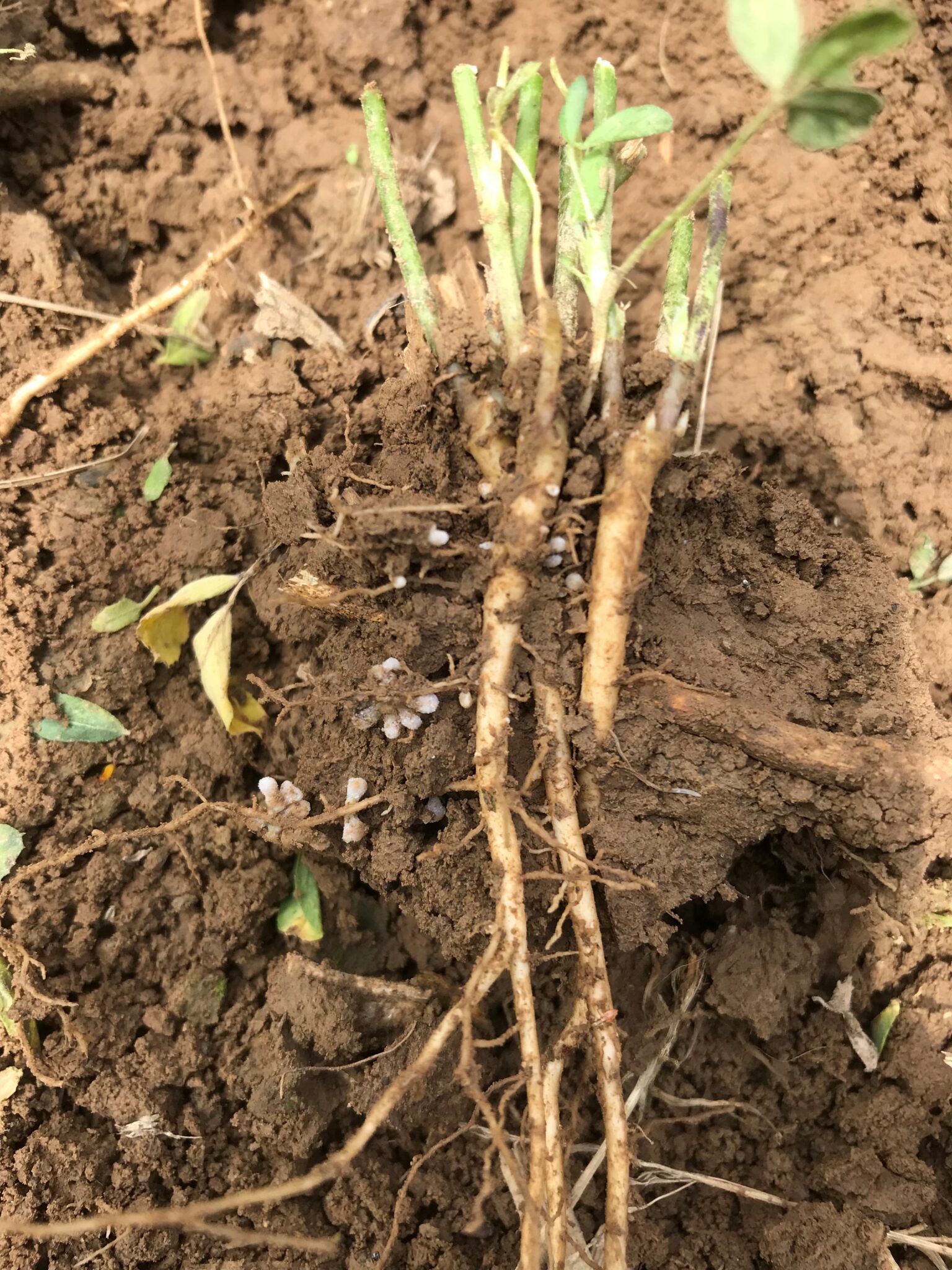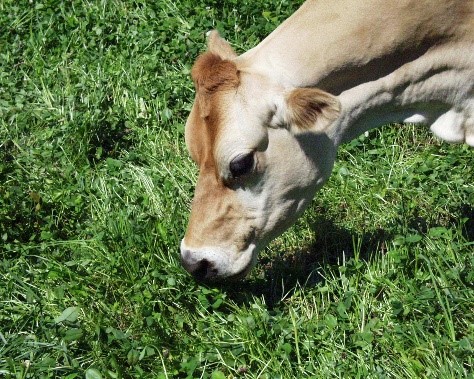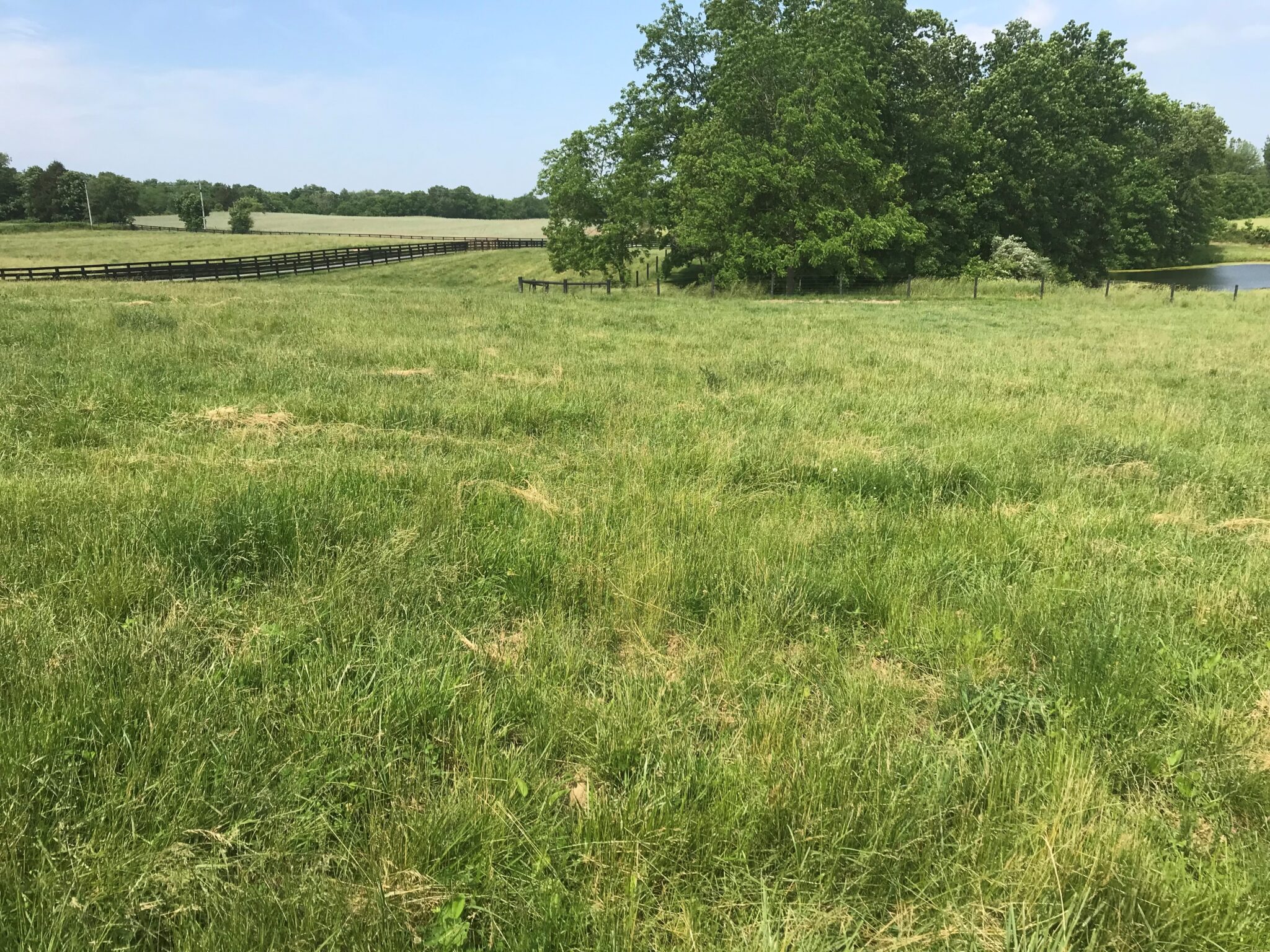When one travels throughout much of Indiana, you quickly observe that corn and soybeans dominate the landscape. As you travel southward, however, pastures and hay fields become much more apparent on the rolling hills and the soils that developed without glacier interaction many, many years ago. Throughout Indiana, hay and pasture provide benefits that should not be taken for granted. Here are some things to consider about forages.
- There are annuals, biennials, perennials, warm-season grasses, cool-season grasses, legumes, and forbs. The diversity of species we call forages provide a resource for different times within a year and number of years, and adaptation to different soil types.
- Nutrition essential for optimal livestock health and performance is provided.
- End products of meat, milk and fiber provide necessities for a growing population.
- Soil health has become a conversation area in agriculture circles. A properly cared for diverse mixture of perennial forages results in a very healthy soil.
- Soil erosion caused by water or wind will be less when covered with perennial forages.
- Water quality will be improved because sediment carrying nutrients and herbicides will be kept out of riparian areas.
- Legumes provide a natural source of nitrogen by the symbiotic relationship legumes have with rhizobia bacteria.
- Many wildlife find forages to be a friendly habitat for nesting, grazing, and rest.
- Pollinators find many legume flower types desirable
In cooperation with Hoosier Ag Today, two podcasts were developed to recognize forages during National Forage Week that begins on June 20. The American Forage and Grassland Council and state affiliate councils are the organizations taking leadership with this endeavor. Information about Indiana’s council can be found at indianaforage.org. The first podcast is at https://hoosieragtoday.com/special-hat-podcast-spotlight-on-the-indiana-forage-council-1/. The second podcast will be released next week. Enjoy the beauty and attributes of forages; not just next week, but throughout the year. Consider joining the Indiana Forage Council.

Forages provide nitrogen with a legume-rhizobia symbiotic relationship. (Photo Credit: Keith Johnson)





